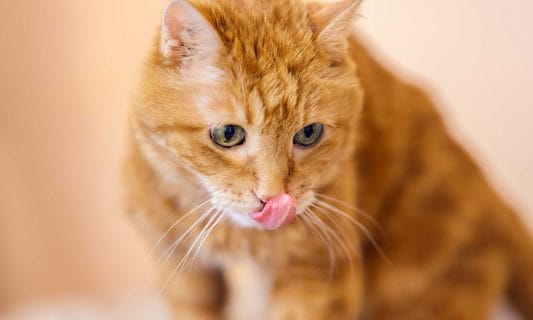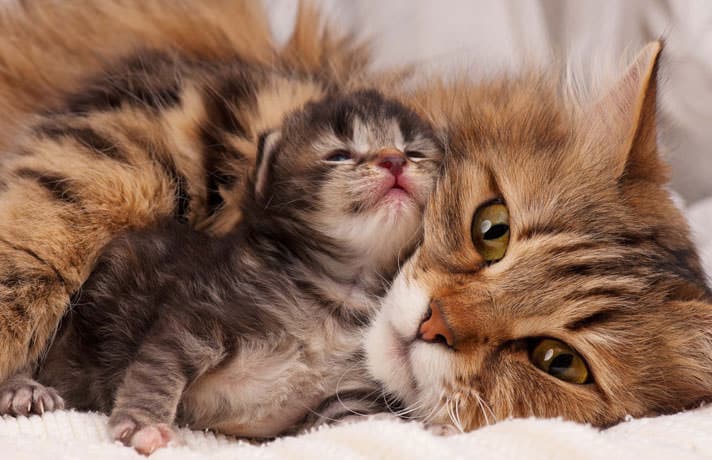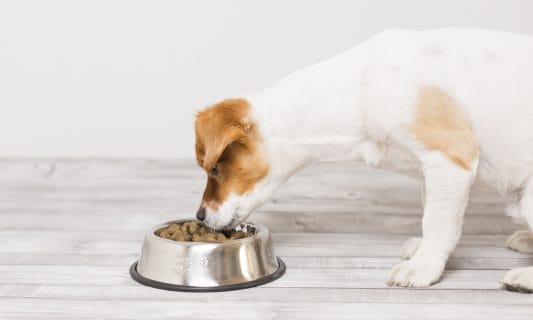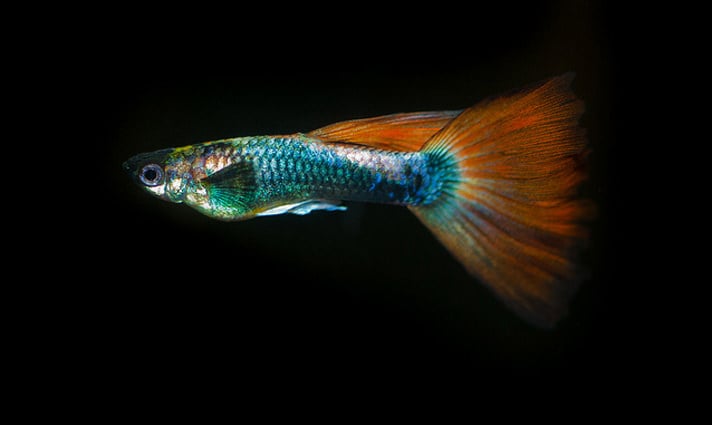Need to medicate your dog? Follow these vet-approved tips for getting your pup to swallow that pesky pill.
Does your pup have an “outie”? Find out what causes umbilical hernias in dogs and whether your pup needs treatment.
If your cat’s litter box habits have changed, it could be a sign of a serious medical problem. Here’s what to do when your cat’s not peeing.
You’ve noticed your cat’s lip is swollen—now what do you do?
What's up with that mysterious lump?
As with our human loved ones, the possibility of cancer in dogs is also a reality.
No, your cat’s not “crying,” but excessive tearing can occur in cats and kittens. Find out what’s causing your cat’s watery eyes.
Has your dog developed a bubble on their ear flap? It’s called a dog ear hematoma, and it likely requires medical attention.
FKS refers to the death of a newborn kitten between birth and weaning. Learn more about this condition and how to prevent it.
Feline Leukemia Virus (FeLV) and Feline Immunodeficiency Virus (FIV) are common in kittens and cats. Find out how to protect your kitty.
Is your dog constantly suffering from dog gas? Find out what you can do to provide relief for both you and your pet.
Here’s when you should take your pup to the vet.
Dr. Katy Nelson, Chewy’s resident veterinarian, answers pet parents’ most-asked questions about COVID-19 and pets.
Learn how to keep adult dog teeth and cat teeth clean to keep breath fresh and to prevent dental diseases, like gingivitis or periodontal disease in dogs and cats.
When pet parents notice lameness in dogs, they can’t help but wonder: why is my dog limping? Find out what’s going on with your pal and how best to treat.
Cancer in dogs can be scary for pet parents, but there is hope. Learn about the signs of cancer in dogs and methods of dog cancer treatment.
Here's how to feed your dog the best food possible after receiving a cancer diagnosis.
As its name suggests, guppy disease (Tetrahymena) is a major problem for those keeping guppies, but other types of fish can be affected too.





















